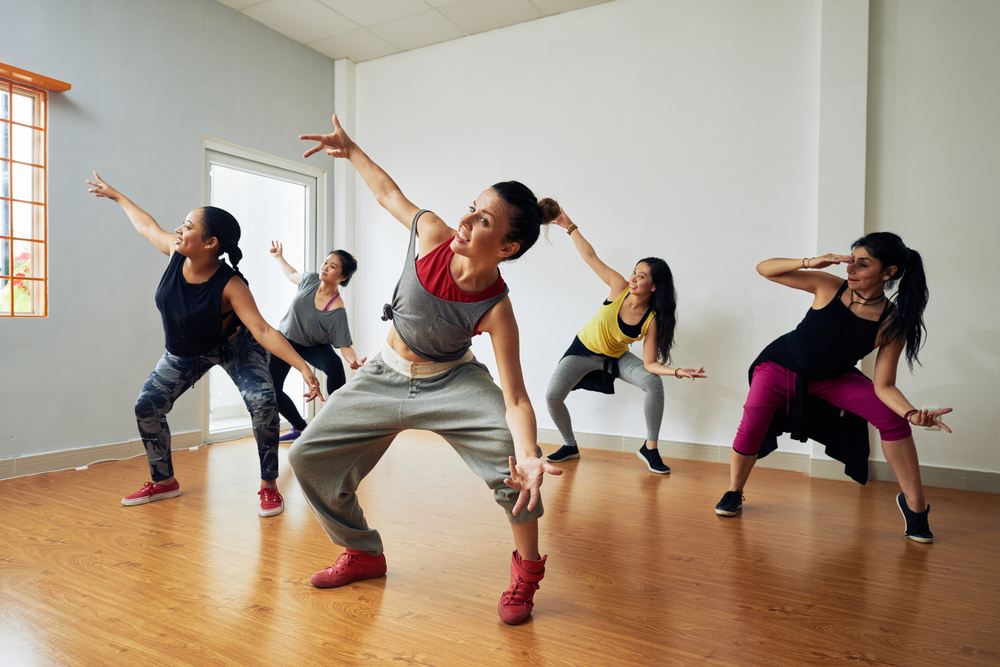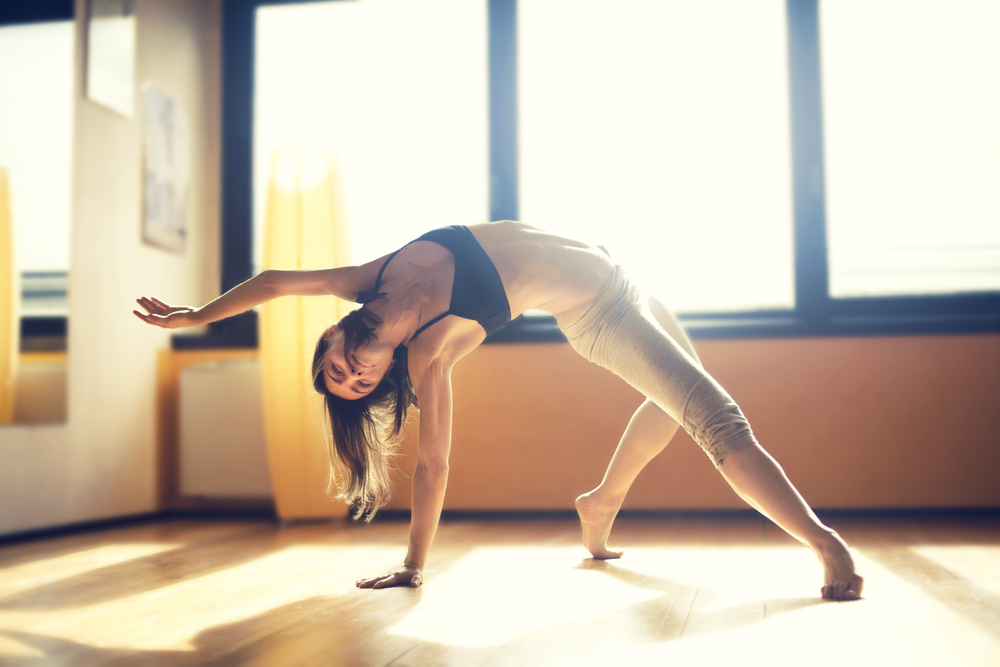Graduating high school is a major milestone. Not only have you completed a large chapter of your education and your life, you are also moving into a new chapter where you have to decide what you want to do with your future. As a dancer, you are also likely graduating from your studio. This means you are looking forward into a future as a high school graduate and as a dancer. What’s next?

College
Many dancers choose, like their non-dancer peers, to go to college after high school. Many colleges offer incredible dance programs that give them access to some of the world best dancers. This can also provide competitive opportunities if you apply to colleges with dance teams.
Going to college can also help you develop different skills that can help you focus your goals as a dancer. For instance, if you want to work toward a career in musical theater, college can give you access to theater programs that allow you to develop your dance, singing, and character skills with focused mentorship from important names in your field.

Teaching
Whether you decide to go to college or not, teaching can be a valuable next step in your career. As a senior, your skills as a dancer are probably at a level where you can begin to learn how to teach dance basics and fundamentals to younger dancers while you continue to work on your own style.
Teaching is also a valuable way to continue to hone your basic skills while you work on more complex moves and combinations. When you advance as a dancer, it can be easy to forget how important the basics are, but teaching the basics encourages you to think about them on a regular basis.

Auditions
One of the best ways to work on your career as a dancer is to get your name and resume out there by going to casting calls and auditions. One of the best ways to gain experience as a professional dancer is to familiarize yourself with the audition process and make connections with directors, producers, and other dancers who you may want to work with in the future.
Auditioning can also teach you how to assess your strengths and weaknesses as a performer. Even if you don’t get every part that you audition for, you can look back at the audition and see where you could have been stronger in your technique, your interviewing skills, and even your resume!













